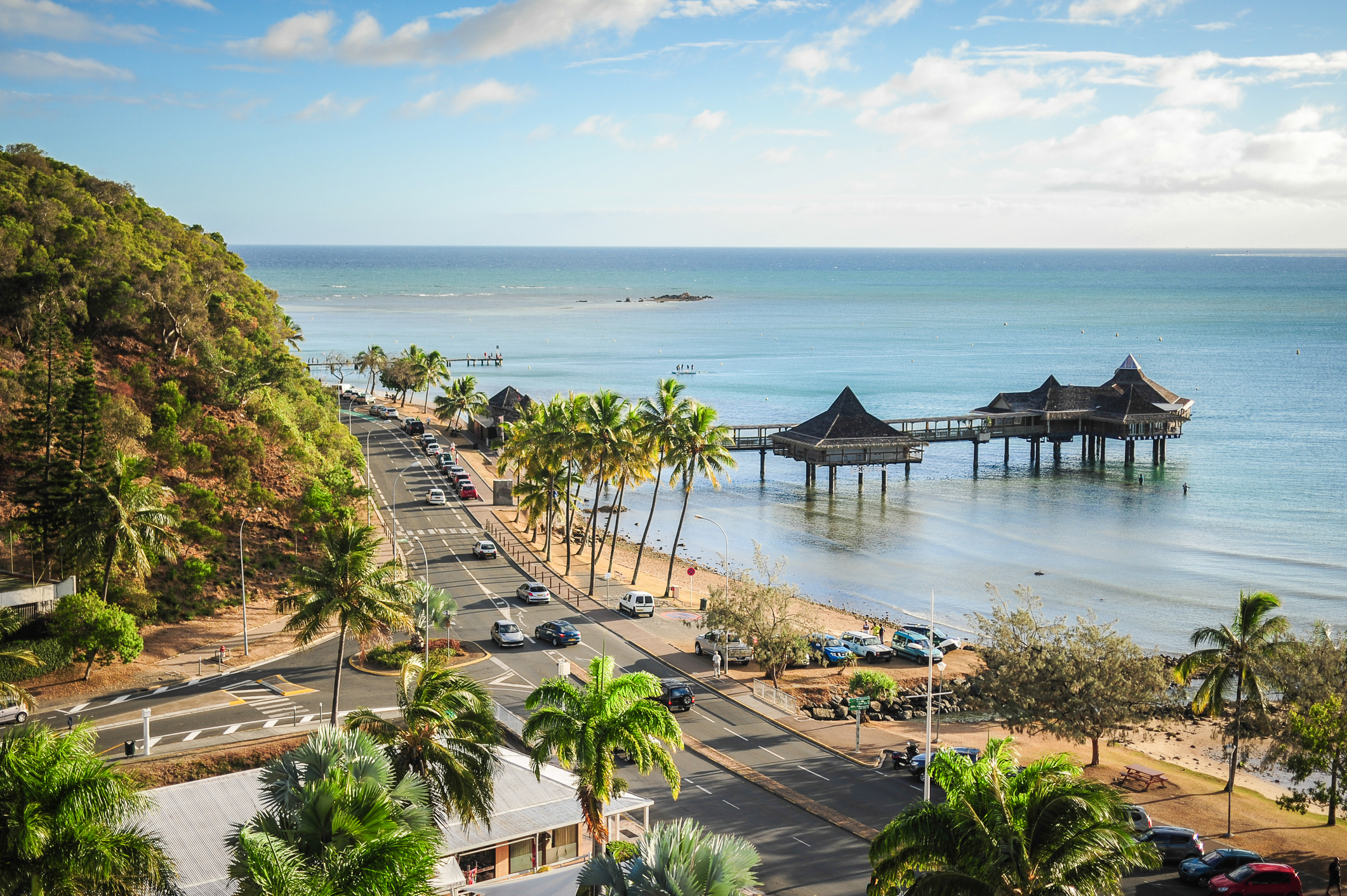New Caledonia: France declares a state of emergency as a controversial voting reform triggered the worst social unrest since the 80s

Event
New Caledonia, a nickel-rich French archipelago in the Pacific Ocean, has been experiencing its worst riots since the 80s. In the capital Nouméa and surrounding cities, more than 400 shops and enterprises have been severely damaged. Moreover, five persons, including two policemen, were killed, dozens of security forces were injured in clashes and more than 200 people were arrested. The trigger was the French government’s approval of a controversial voting reform bill which would grant voting rights to more residents on the archipelago, namely citizens who arrived in the country after 1998 and have lived there for at least ten years (about 20% of the current population). Kanak independentists reacted violently to a perceived threat to their electoral weight and independence goals. Indeed, they consider the frozen electorate status from 1998 definitive. Moreover, the socio-economic context continues to be unfavourable to the Kanak indigenous community compared to the French expatriates. Therefore, to restore calm and take control of the situation, France declared a state of emergency in its colony on 15 May, for the first time since 1985, and sent hundreds of police and military forces. While the return to calm is slowly progressing and calls for dialogue are spreading on each side, tensions are likely to remain very high in the near term.
Impact
High-level violent protests are testimony of enduring socio-economic inequalities and tensions between French and other European descendants and the indigenous Kanak population. A high share of the latter continues to fight for ultimate independence, a target missed during the three latest referendums between 2018 and 2021. The extension of the voting list could favour pro-France voters and complicate independence goals even more in a future referendum.
The political controversy adds to tensions around nickel, another bone of contention. New Caledonia, which owns more than 10% of the world’s nickel reserves, has seen its local nickel company SNL (Société Le Nickel) dive into unsustainable financial conditions. Not only have the independentists criticised the environmental impact of this dominant industry, but they have also blamed the “Nickel Pact” adopted last November by New Caledonia and France. They fear France’s rescue plan of the local nickel industry could endanger their sovereignty on this sensitive economic activity. Over a recent past, the sector has been marred by a collapse in prices and production, by financial losses fuelled by heavy operating costs (especially energy) and by divestments from foreign mining groups. The sector provides a quarter of local jobs but is blamed for not being able to prevent social inequalities in the country and for its lack of competitiveness vis-à-vis Indonesia or the Philippines. That is why France’s state aid to the country’s various nickel factories is inevitable to save the loss-making nickel industry and preserve its high strategic and geopolitical value in the climate transition (renewables, EVs, batteries, etc.).
Looking ahead, it remains to be seen whether the French Parliament, in the current tense context, will definitively adopt the voting reform bill in a session end of June. For sure, the domestic situation promises to be very instable in absence of dialogue and long-term political and socio-economic agreement between French loyalists and Kanak independentists.
The latest riots and severe economic damages have brought the outlook of the business environment risk rating (D/G) – in general aligned on France – into negative territory.
Analyst: Raphaël Cecchi – r.cecchi@credendo.com